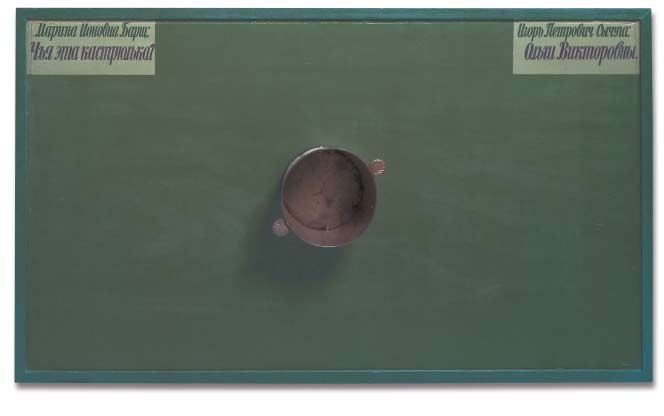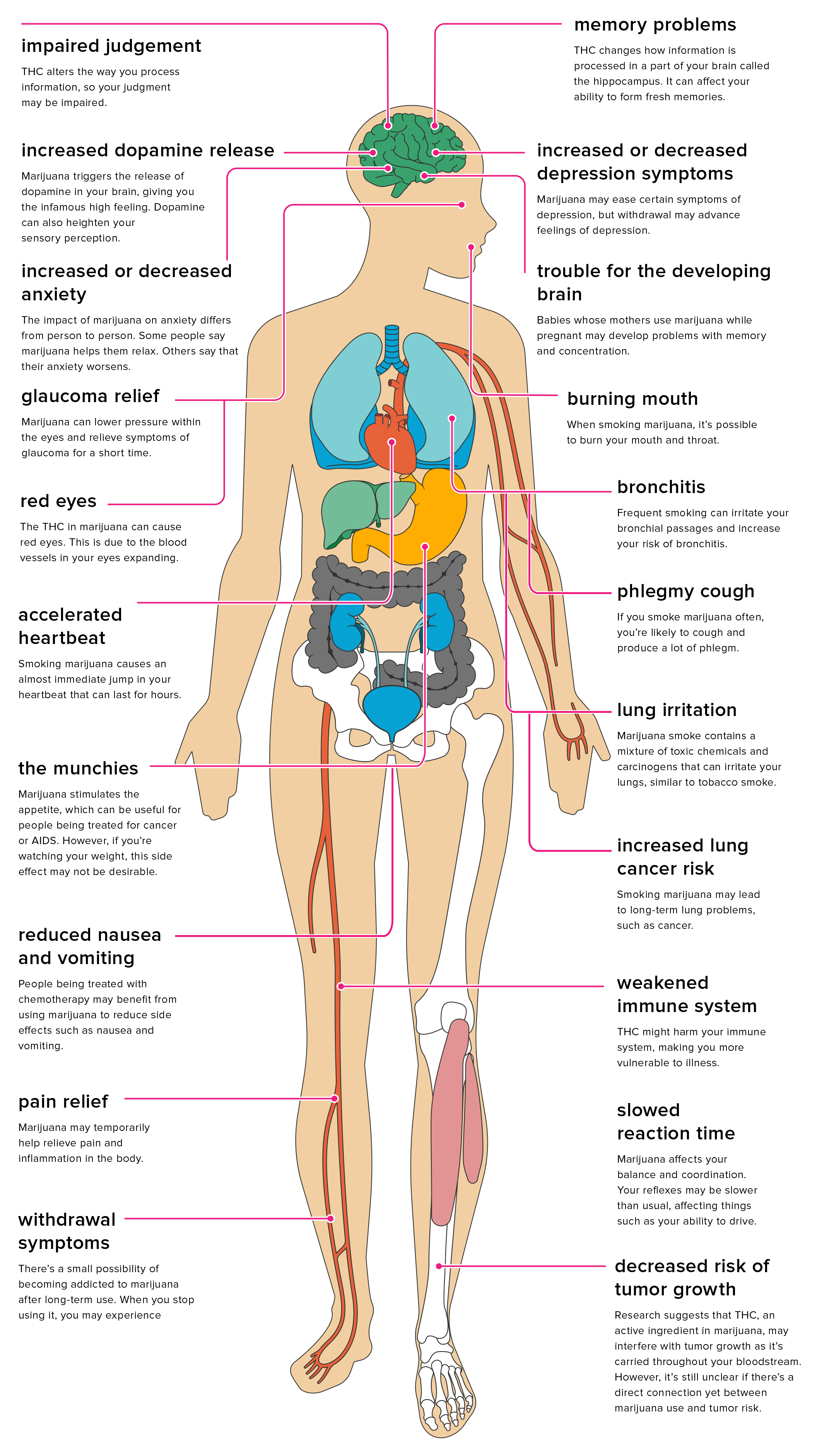Whose Pot Is This?
Contents:
Some would even go so far as to call marijuana out as a serious risk to parents and kids. She cites research that suggests marijuana smoke is carcinogenic, as well as studies that link the drug to reproductive issues. Knutson says marijuana actually helps her handle the chaos of parenting. Though she admits the drug can sometimes make her feel tired, she says being high helps her be methodical and calm when her sons are wreaking havoc. While she mostly lights up outside on the balcony, her kids have seen her smoking and rolling joints.
Beyond the benefits of stress relief, many parents say hanging out with kids while high is just more fun.
What are marijuana's long-term effects on the brain?
They have that silly, goofy, quick to smile, contagious laughing. Cannabis gets you there. Knutson recalls a specific time when a few tokes with a friend led to a fun-filled afternoon. What about the kids? Now cancer-free, she plans to start smoking recreationally again once her youngest is a little older. She is not breastfeeding; she had a double mastectomy. Parents need to be careful to keep their marijuana out of sight and out of reach, the same way they lock up medications and liquor.
She cites research that suggests cases of kids showing up in the ER after ingesting marijuana have increased in Colorado since the state legalized the drug.
Some pregnant women are OK with using pot, but at whose risk?
Foods commonly infused with pot include cookies, brownies and candies, which are tempting for little ones. And while research on the effects of second-hand marijuana smoke is still in its infancy, one study published in Pediatric Research notes toddlers in Colorado who were hospitalized with bronchitis were found to have marijuana metabolized in their urine.
- Peculiar Institution.
- What are marijuana's long-term effects on the brain? | National Institute on Drug Abuse (NIDA);
- Parents who smoke pot.
Monkey see, monkey do? Another concern for Ryan is that kids are likely very aware of the fact that their parents use cannabis. Since taking office in , Prime Minister Justin Trudeau and the federal Liberals have been working toward fulfilling their campaign promise to legalize and regulate all marijuana use in this country.
Trudeau has announced that legalization will happen during the summer of , but while we wait for the stuff we smoked under the high-school bleachers to become perfectly above board, Canadians exist in a bit of a haze when it comes to cannabis pun intended.
Today, however, possession of up to 30 grams of marijuana is still a crime punishable by six months in jail. Marijuana and your health Cannabis has been painted as a kind of health product, associated with Earth-mama hippies and holistic wellness.
In Colorado and Washington, where recreational marijuana is legal, spas and health retreats tout the healing properties of cannabis-infused lotions and oils. The research is still spotty, however. A new large study released by the U. National Academies of Sciences, Engineering and Medicine concludes that marijuana is effective in treating chronic pain and nausea, and multiple sclerosis—related spasms. But is it bad for you? A study published in Scientific Reports suggests alcohol is about times more deadly than marijuana.
But, Le Foll adds, the risk factor skyrockets for pregnant women and people predisposed to addiction or mental illness. Marijuana has also been shown to increase heart rate and blood pressure, and adversely affect learning and memory. A recent study from the American College of Cardiology found marijuana use raises risk of stroke and heart failure.
We've sent an email with instructions to create a new password. Your existing password has not been changed.
Whose Pot Is This? [Richard Geller] on bahana-line.com *FREE* shipping on qualifying offers. Unusual book. Alberta and Quebec recently unveiled their strategies for the commercialization of legal marijuana.
You have activated your account, please feel free to browse our exclusive contests, videos and content. Sorry we could not verify that email address. Enter your email below and we'll send you another email. Create a new password. Thank you for signing up! Addiction is a progressive, long-term continuing problem.

When an addict tries to stop using and fails because life without the drug is just too hard, that is addiction. Once an addict is convinced he or she cannot live without marijuana, the dependency becomes an obsession. When the addict uses even though he or she promised themselves they wouldn't, this is compulsion. It is the nature of addiction that addicts don't believe they are ill. We have found that addiction is a physical, mental and spiritual disease. The physical aspect is the compulsion—the inability to stop once we have started.
The mental aspect is the obsession, or the overpowering desire to use, even when we are destroying our own lives and the lives of those we love.
Local news matters.
The spiritual aspect of the disease is our total self-centeredness. We addicts in recovery have found, through the Twelve Steps, that we are each responsible for ourselves and our actions. If a loved one helps divert a crisis for the addict, they take away the addict's opportunity to work it out, or fail. This will make it harder for the addict to perceive the problem and begin to seek the solution.
As the addict approaches their bottom and their disease worsens, family members and friends have a tendency to enable the addict, allowing them to postpone the ultimate repercussions of their using. Understandably, loved ones try to ease the suffering the addict may be feeling because of loyalty, love, caring, and a sense of responsibility.
Family and friends may give money which likely goes to buying more marijuana , buy food, pay rent and bills, bail them out of jail, etc. By trying to save the addict from him or herself, you are doing both yourself and the addict a disservice.
Provinces and pot: Whose approach is best?
Addicts often try to manipulate loved ones through the use of guilt, fear, and anger. This is a very common tactic used both consciously and unconsciously by the addict to get what he or she wants by taking advantage of the emotions of those closest to him or her.
Once the addict stops using and begins the recovery process, don't expect that their faults and all the troubles of your shared lives will disappear. You might find, initially, exactly the opposite. Drug use was a coping mechanism for the addict. Don't expect that a dramatic positive personality change will immediately take place. When a marijuana addict begins going to meetings, there may be interference and conflict with your normal living schedule, routines, and family obligations.
This is where your compassion, patience, and encouragement will be called upon.
The time spent in the past by the addict in the pursuit of getting and staying high may now be spent going to meetings, reading recovery literature, speaking on the phone with other MA members, writing, meditating, and praying. These activities are of paramount importance to the newly clean addict and your support will be of great value.
You may be surprised to find that the addict now insists on attending to certain activities and responsibilities you felt compelled to take care of in the past. This is not a time to condemn past behavior, but an opportunity to practice trust and benevolence. The outcome will be the mutual reward of nurturing a new and healthy relationship.

- Surrender All: Your Answer to Living with Peace, Power, and Purpose
- Essentials of Western Veterinary Acupuncture
- Mobile Communications: Re-negotiation of the Social Sphere: 31 (Computer Supported Cooperative Work)
- Loving an Addict, Loving Yourself: The Top 10 Survival Tips for Loving Someone with an Addiction
- How To Start Your Own Limousine Company